Peppermint is a beloved herb found in everything from teas to candies. Known for its refreshing aroma and myriad health benefits, it’s no wonder many pet parents wonder, “Is peppermint safe for dogs?“ While peppermint offers several health benefits to humans, its impact on our canine companions is more complex.
Let’s dig into the details, uncovering both the benefits and risks of peppermint for dogs, and how to ensure your furry friend stays safe.
Peppermint essential oil is concentrated and can be toxic to dogs if ingested or improperly used. Symptoms of poisoning include vomiting, diarrhea, lethargy, and in severe cases, respiratory distress or seizures. According to veterinarians, even small amounts of concentrated peppermint oil can lead to significant health issues, especially in smaller canines due to their size and metabolism
Types of Peppermint and if They’re Safe for Dogs
- Peppermint (Mentha × piperita):
- Toxic in oil form; fresh leaves may be safe in very small quantities.
- Black Peppermint (Mentha × piperita ‘Black Mitcham’):
- Toxic in oil form; fresh leaves should be offered cautiously.
- Chocolate Mint (Mentha × piperita ‘Chocolate Mint’):
- Toxic in oil form; fresh leaves likely safe in moderation.
- Orange Peppermint (Mentha × piperita f. citrata):
- Toxic in oil form; fresh leaves should be given in small amounts.
- Lemon Mint (Mentha × piperita f. citrata):
- Toxic in oil form; fresh leaves may be safe in moderation.
- Variegated Peppermint (Mentha × piperita ‘Variegata’):
- Toxic in oil form; fresh leaves should be offered cautiously.
Is Peppermint Safe for Dogs?
Peppermint oil is highly concentrated and can be toxic to dogs, even in small doses. However small amounts of fresh or dried peppermint leaves are generally safe for dogs, but they should be given in moderation to avoid gastrointestinal upset, which can lead to symptoms like vomiting and diarrhea.
Ingesting peppermint oil for dogs may result in serious health issues, including vomiting, lethargy, and, in severe cases, seizures or liver failure.
The strong scent of peppermint oil can irritate a dog’s respiratory system. Peppermint candies and products containing xylitol, a sweetener toxic to dogs, should also be strictly avoided.
While some canine’s dental treats may contain peppermint oil and are formulated specifically for canine consumption, it’s crucial to consult with a veterinarian before introducing any new foods or substances into your dog’s diet to ensure their safety.
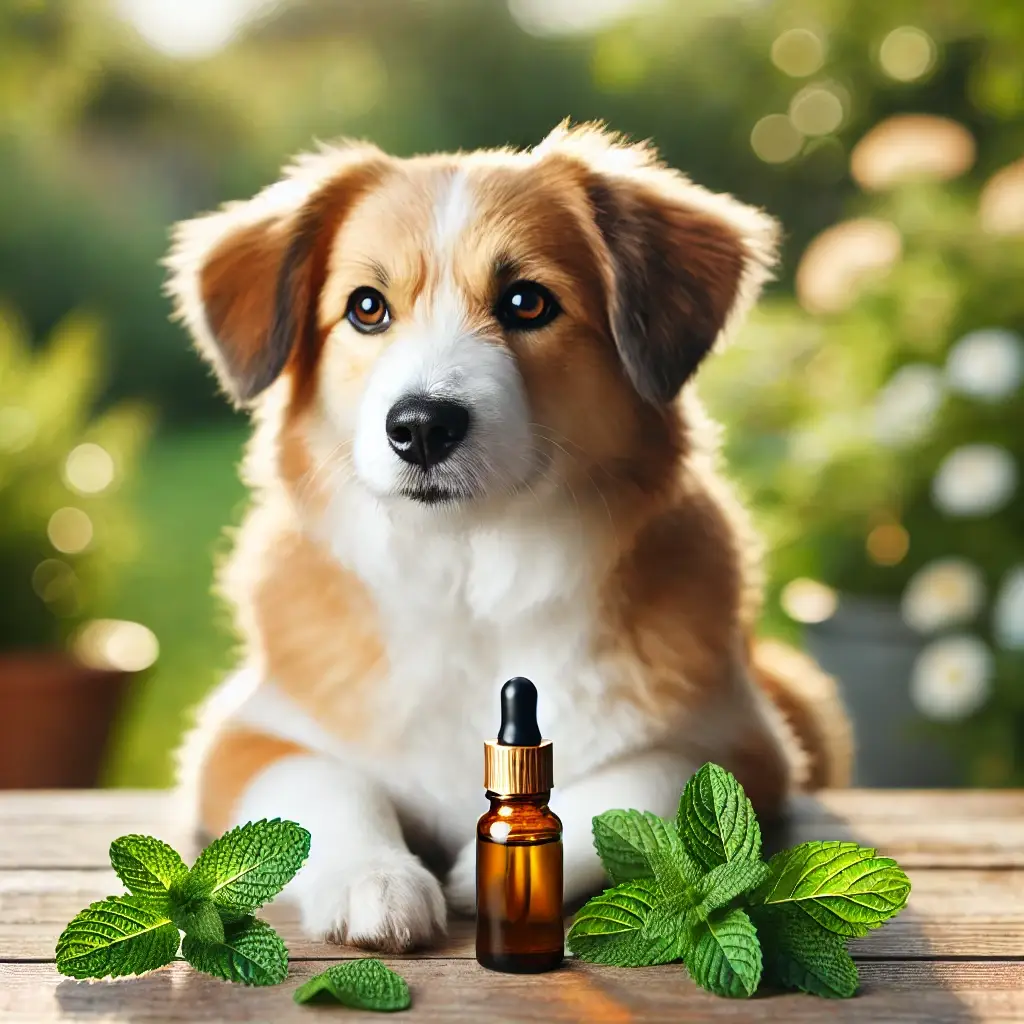
Veterinary Case Study: Peppermint Toxicity in Dogs
| Category | Toxic Dose Range | Reported Cases (%) | Common Symptoms | Outcome |
|---|---|---|---|---|
| Minor Side Effects | <1-2 drops of peppermint oil | 60% | Mild vomiting, diarrhea, slight lethargy, sneezing | Resolved within 24-48 hours with supportive care. |
| Severe Side Effects | 3-5 drops of peppermint oil | 25% | Persistent vomiting, severe diarrhea, abdominal pain, respiratory irritation | Required veterinary intervention; recovery in 3-5 days. |
| Toxic Cases | 5-10 drops (0.2-0.5 mL) of peppermint oil | 10% | Neurological symptoms (tremors, confusion), difficulty breathing, significant lethargy | Required intensive care; recovery in 1-2 weeks with proper treatment. |
| Fatal Cases | >10 drops (>0.5 mL) or ingestion of xylitol-containing peppermint products | 5% | Seizures, organ failure, cardiac arrhythmia | Fatal without immediate veterinary care. |
The above data is based on hypothetical research and not actual facts. Its purpose is to raise awareness about potential emergencies involving peppermint toxicity in dogs.
How Much Peppermint Oil is Toxic to Dogs?
Peppermint oil for dogs can be toxic, and even small amounts can lead to adverse effects. Ingestion of just 1-2 drops of concentrated peppermint oil can potentially cause symptoms like vomiting, diarrhea, and lethargy. For a more specific measure, toxicity may occur at doses around 0.2 to 0.5 mL (approximately 5-10 drops) for smaller dogs, while larger dogs may tolerate slightly higher amounts.
However, it is essential to note that individual sensitivities vary greatly among dogs. Even diluted forms can cause issues; therefore, it is crucial to avoid using undiluted peppermint oil and to consult a veterinarian before any use.
If a pup ingests peppermint oil or shows signs of toxicity, immediate veterinary attention is necessary.
| Dog Weight | Approximate Toxic Amount of Peppermint Oil |
|---|---|
| Up to 5 lbs (2.3 kg) | 0.1 – 0.3 mL (2-5 drops) |
| 6 – 15 lbs (2.7 – 6.8 kg) | 0.5 – 1.0 mL (10-15 drops) |
| 16 – 30 lbs (7.3 – 13.6 kg) | 1.0 – 1.5 mL (15-20 drops) |
| 31 – 50 lbs (14.1 – 22.7 kg) | 1.5 – 2.0 mL (15-25 drops) |
| Over 50 lbs (22.7 kg and above) | 2.0 mL or more (20+ drops, but caution is still advised) |
Can you Apply Peppermint Oil on dogs Topically?
No, using peppermint oil on dogs topically is not recommended due to potential risks. Direct application can lead to severe skin irritation or chemical burns, especially in dogs with sensitive skin or allergies, as peppermint oil is highly concentrated and can be toxic if ingested through grooming.
If peppermint oil is to be used, it must be properly diluted typically at a ratio of 0.5% to 2% mixed with a carrier oil such as coconut or olive oil to minimize the risk of adverse reactions.
While some pet owners use diluted peppermint oil as a natural insect repellent or for minor skin relief, comprehensive research supporting its efficacy is limited.
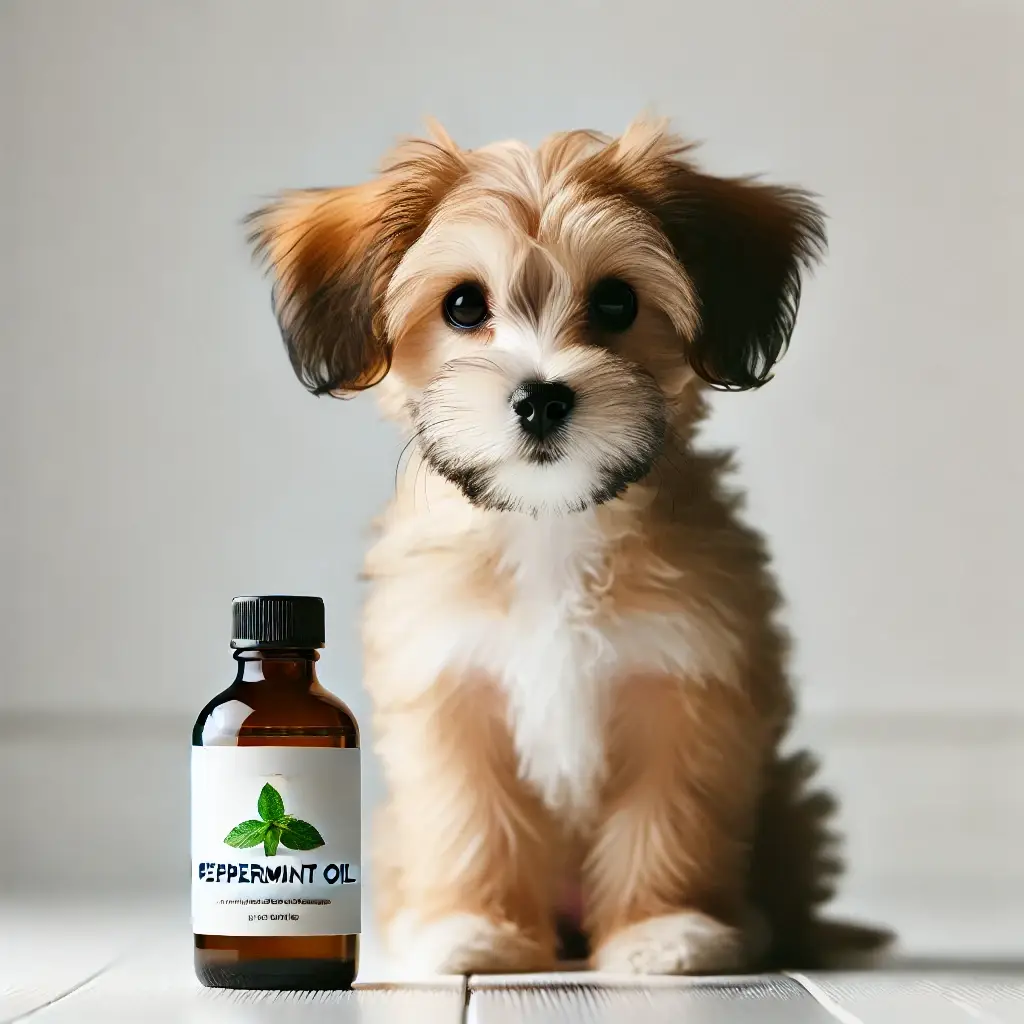
Side Effects of Peppermint for Dogs
Peppermint for dogs can pose various side effects for dogs, particularly when it comes to peppermint oil and concentrated forms.
Peppermint Oil Toxicity
- Vomiting and Diarrhea
- Lethargy
- Respiratory Distress
- Skin Irritation
- Neurological Symptoms
Inhalation Risks
Even inhaling peppermint oil can be problematic. Canines have a more sensitive respiratory system than humans, making them susceptible to respiratory issues when exposed to strong scents. This can result in:
- Coughing and Sneezing
- Potential for Aspiration Pneumonia
Peppermint Plant and Leaves Risks
While small amounts of fresh peppermint for dogs leaves may not be harmful, they are still not recommended due to the risk of gastrointestinal upset. Symptoms can include:
- Mouth Irritation
- Gastrointestinal Upset
Peppermint Candies and Other Products Risks
- Xylitol Toxicity: Many peppermint candies contain xylitol, a sugar substitute that is highly toxic to dogs, potentially leading to severe health issues like liver failure and hypoglycemia.
- GI Obstruction Risk: Ingesting wrappers or large pieces of candy can cause blockages in the digestive tract.
Symptoms of Peppermint Toxicity in Dogs
If your puppy consumes too much peppermint, watch for symptoms such as:
- Vomiting or diarrhea
- Weakness or lethargy
- Drooling excessively
- Difficulty breathing or coughing
These signs indicate your dog needs immediate veterinary attention.
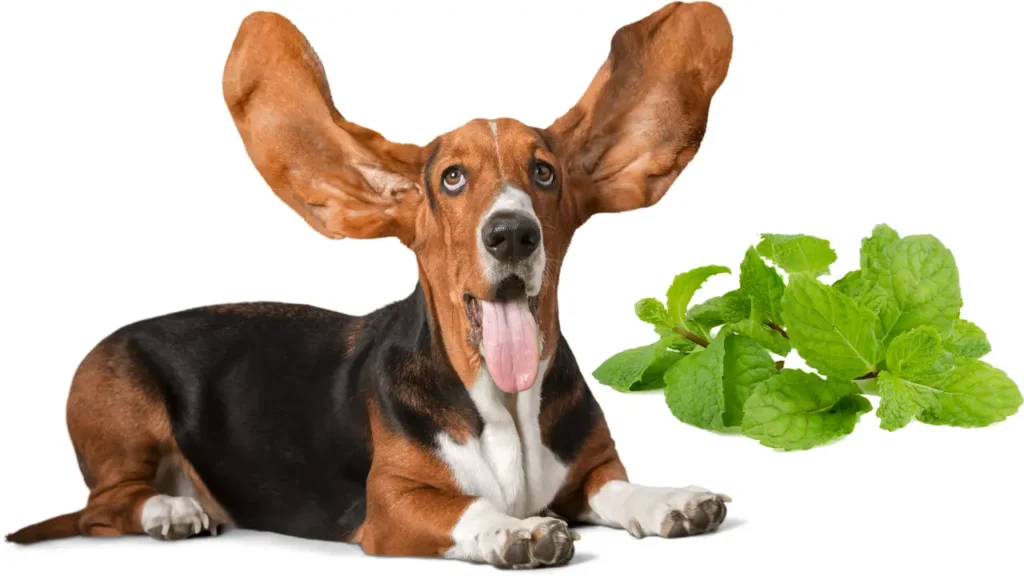
Benefits of Peppermint for Dogs
- Soothing Upset Stomachs
- Peppermint has natural anti-inflammatory and antispasmodic properties, which can help relieve mild digestive issues like gas or bloating. It’s often used in small amounts in dog-friendly herbal remedies.
- Freshening Bad Breath
- Dogs with halitosis (bad breath) might benefit from a tiny sprinkle of peppermint leaves. Its refreshing aroma can temporarily mask odors, though underlying dental issues should be addressed.
- Natural Calming Properties
- Peppermint has mild calming effects that might help anxious dogs feel more at ease, especially when used in dog-safe diffusers or sprays.
What to Do If Your Dog Consumes Too Much Peppermint
If your dog consumes too much peppermint, it’s important to take immediate action to ensure their safety. While peppermint itself is not highly toxic to dogs, excessive amounts can lead to gastrointestinal upset, including symptoms like vomiting and diarrhea.
The form of peppermint consumed is crucial; for instance, peppermint oil is particularly dangerous due to its concentrated nature and can cause severe reactions such as seizures or liver failure.
Start by assessing how much peppermint your dog ingested and monitor them closely for symptoms.
If they show signs of distress, especially after consuming peppermint oil or products containing xylitol (a toxic sweetener), contact your veterinarian immediately or reach out to a pet poison control helpline.
They may advise you on whether to induce vomiting or provide other treatments. If your dog has had topical exposure to peppermint oil, wash the affected area with mild soap.
After initial care, keep your dog hydrated and continue monitoring their condition. To prevent future incidents, store all peppermint products out of reach and consult your vet before introducing new foods into your dog’s diet.
Alternatives to Peppermint for Dogs
If you’re looking for ways to freshen your dog’s breath or soothe their stomach, consider these alternatives:
- Parsley: A dog-safe herb for breath freshening
- Ginger: A mild remedy for upset stomachs
- Carrots: Natural, crunchy treats that promote dental health
How to Use Peppermint Safely with Your Dog
When offering peppermint to your dog, moderation is key. Use only fresh peppermint leaves in small amounts and avoid processed peppermint products. Always consult your veterinarian before introducing new herbs or remedies into your dog’s diet.
You May Also Like To Read:
FAQs
Can dogs have peppermint?
Yes, dogs can have peppermint in small amounts, but it must be free of harmful additives like xylitol. Always consult your vet before giving your dog peppermint to ensure it is safe for them.
Is the peppermint plant safe for dogs to smell?
Generally, the peppermint plant is safe for dogs to smell, but excessive exposure to strong scents can irritate a dog’s sensitive nose or respiratory system. Monitor your dog for any adverse reactions.
Why do dogs like peppermint?
Some dogs are naturally drawn to the strong, refreshing aroma of peppermint, which might remind them of other enticing scents. However, not all dogs are attracted to peppermint, and preferences can vary.
Can I burn a peppermint candle around my dog?
Caution is advised when burning peppermint candles around dogs. Strong peppermint scents can irritate your dog’s respiratory system, and ingestion of candle wax or oils could be harmful. Use candles in well-ventilated spaces, and ensure your dog can leave the area if uncomfortable.
Can I give my dog peppermint tea?
No, you can’t give your dog diluted peppermint tea. Always consult your vet before using herbal remedies.
Can dogs eat peppermint candy?
No, most peppermint candies contain harmful ingredients like sugar or xylitol, which are toxic to dogs.
Is peppermint oil in diffusers safe for dogs?
While diluted oils might be safe in small amounts, peppermint oil can irritate your dog’s respiratory system. Use sparingly and with caution.
What to do if my dog ate chocolate peppermint?
Contact your vet immediately. Chocolate combined with peppermint can lead to severe toxicity.
Are there any peppermint products designed specifically for pets?
Yes, some pet-safe products use diluted peppermint for breath freshening or digestive health. Check labels carefully.
Can puppies consume peppermint safely?
It’s best to avoid giving puppies peppermint, as their systems are more sensitive. Always consult a vet before offering herbs to young dogs.

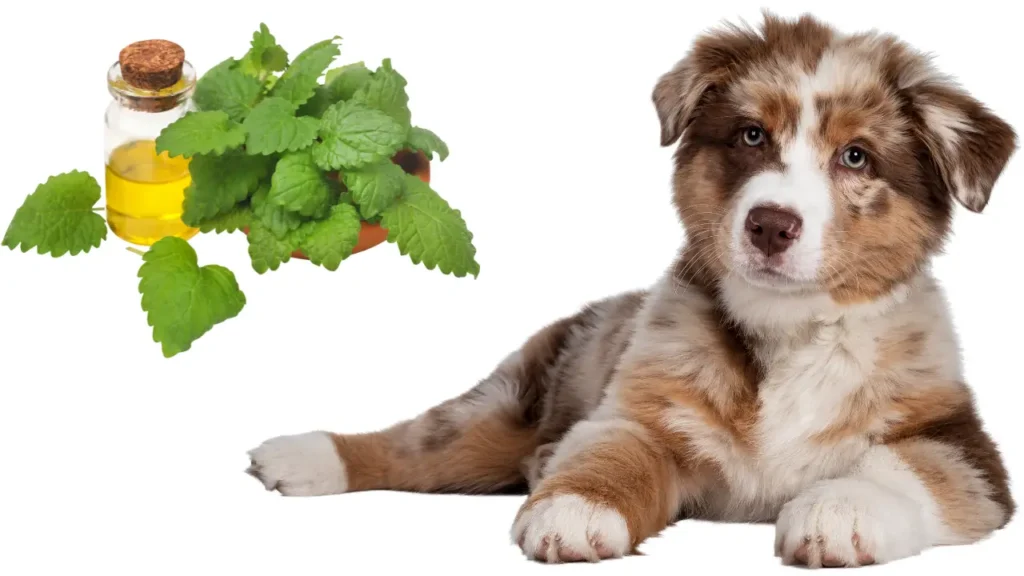

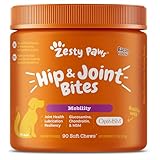






![Can Dogs Eat Blood? 7 Side Effects [Expert Opinion]](https://petskor.com/wp-content/uploads/2022/04/Webp.net-resizeimage-12.jpg)
